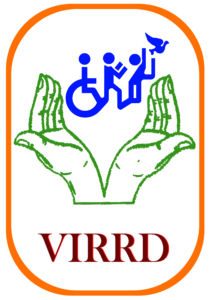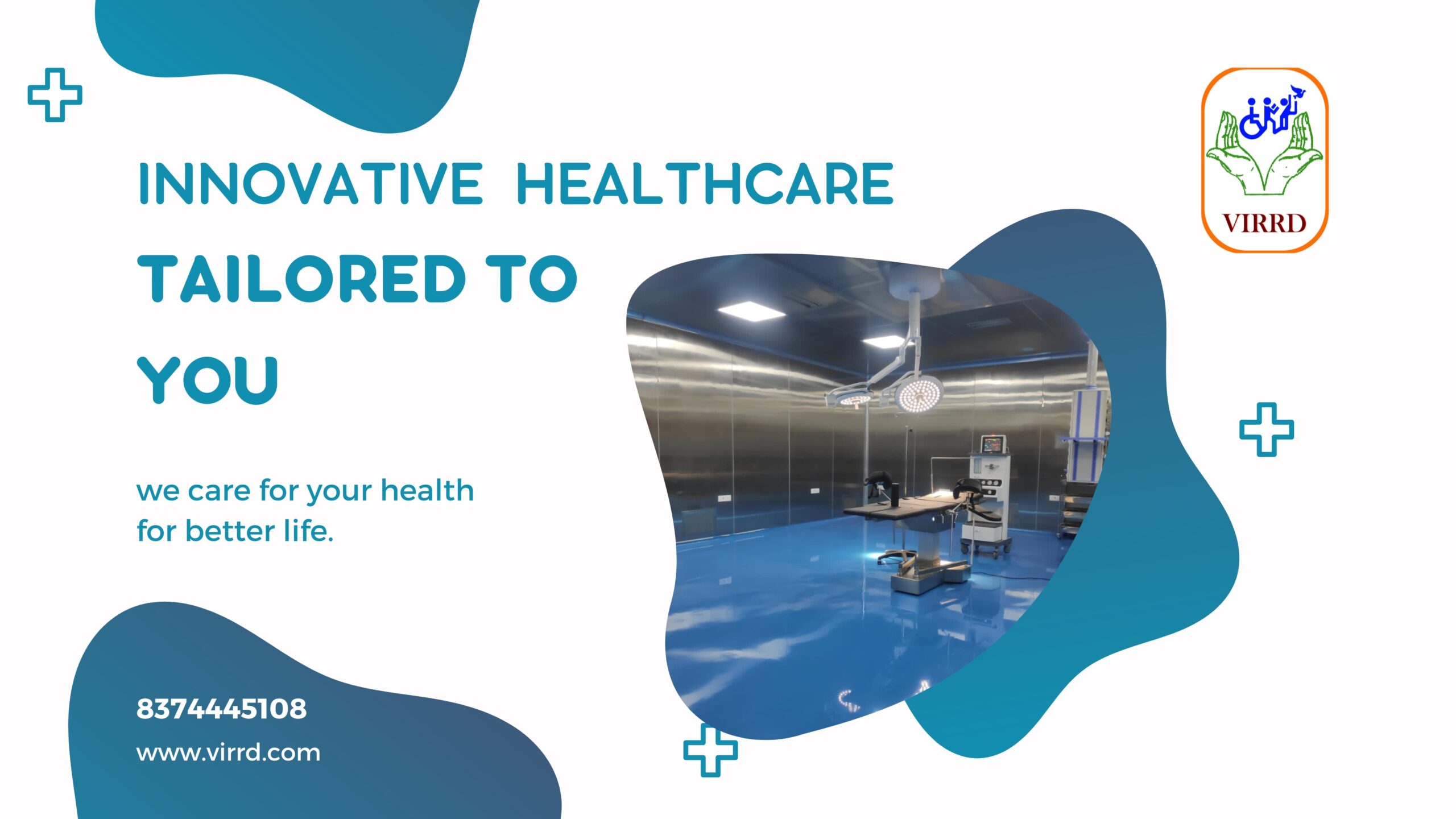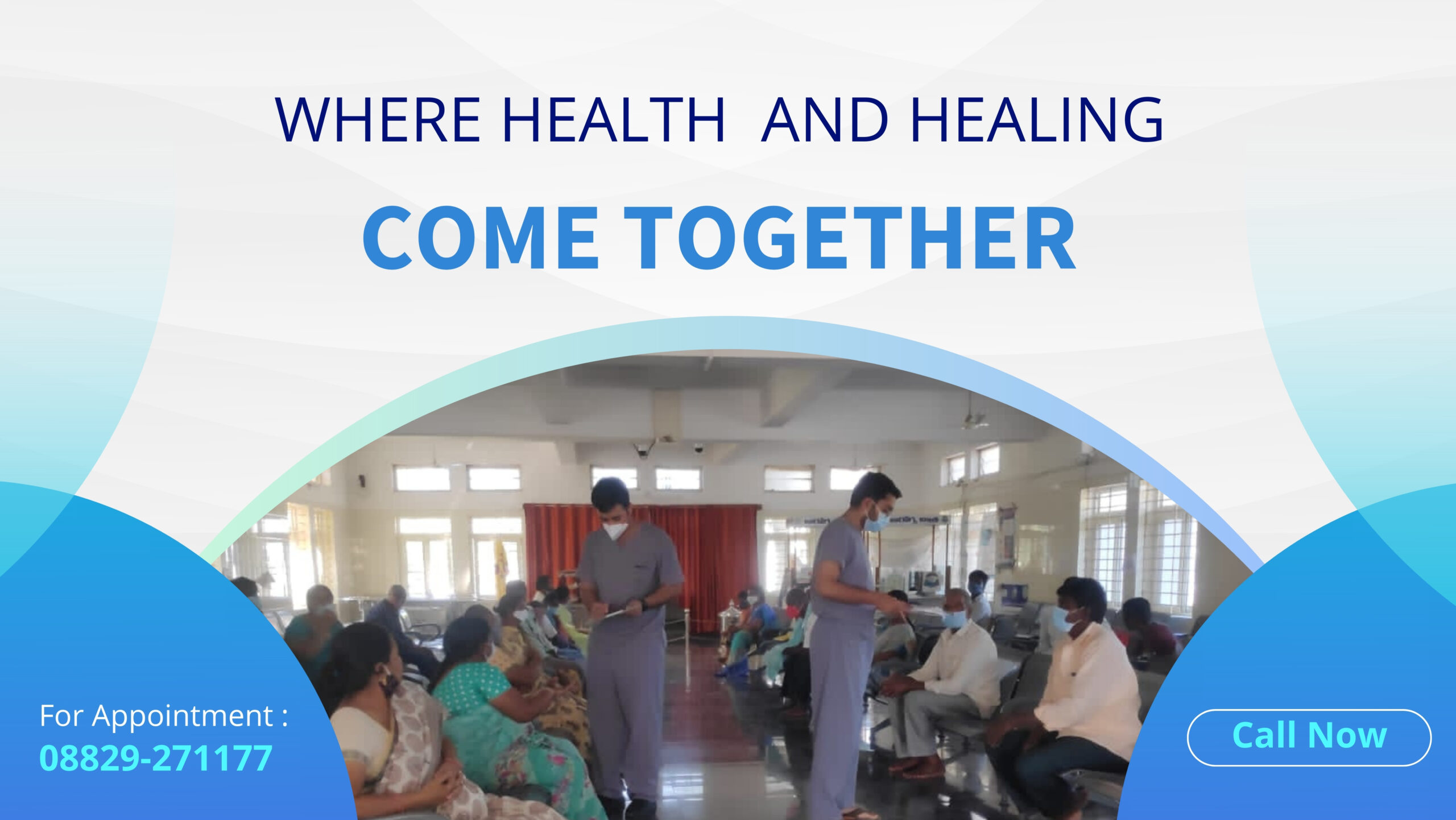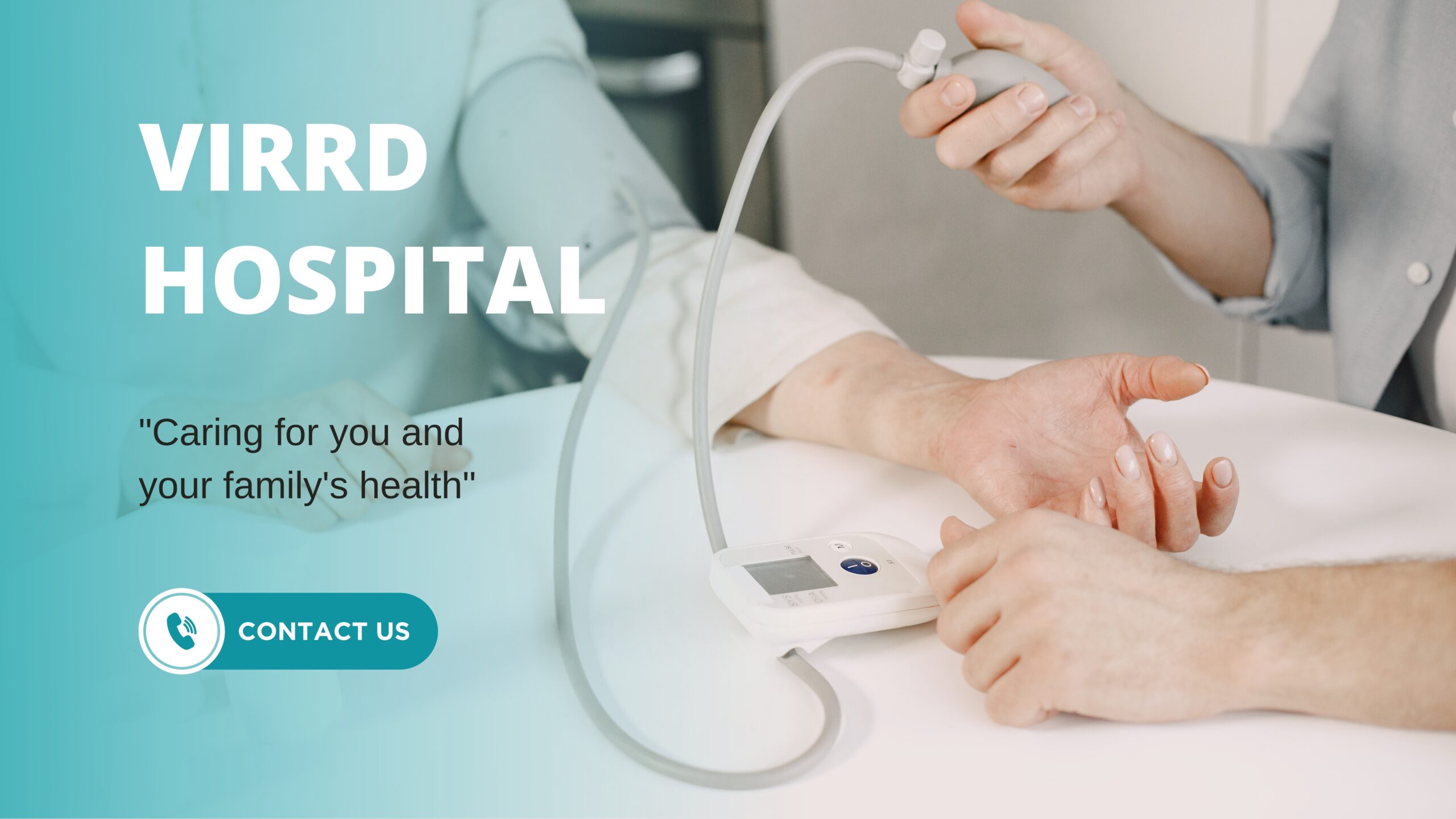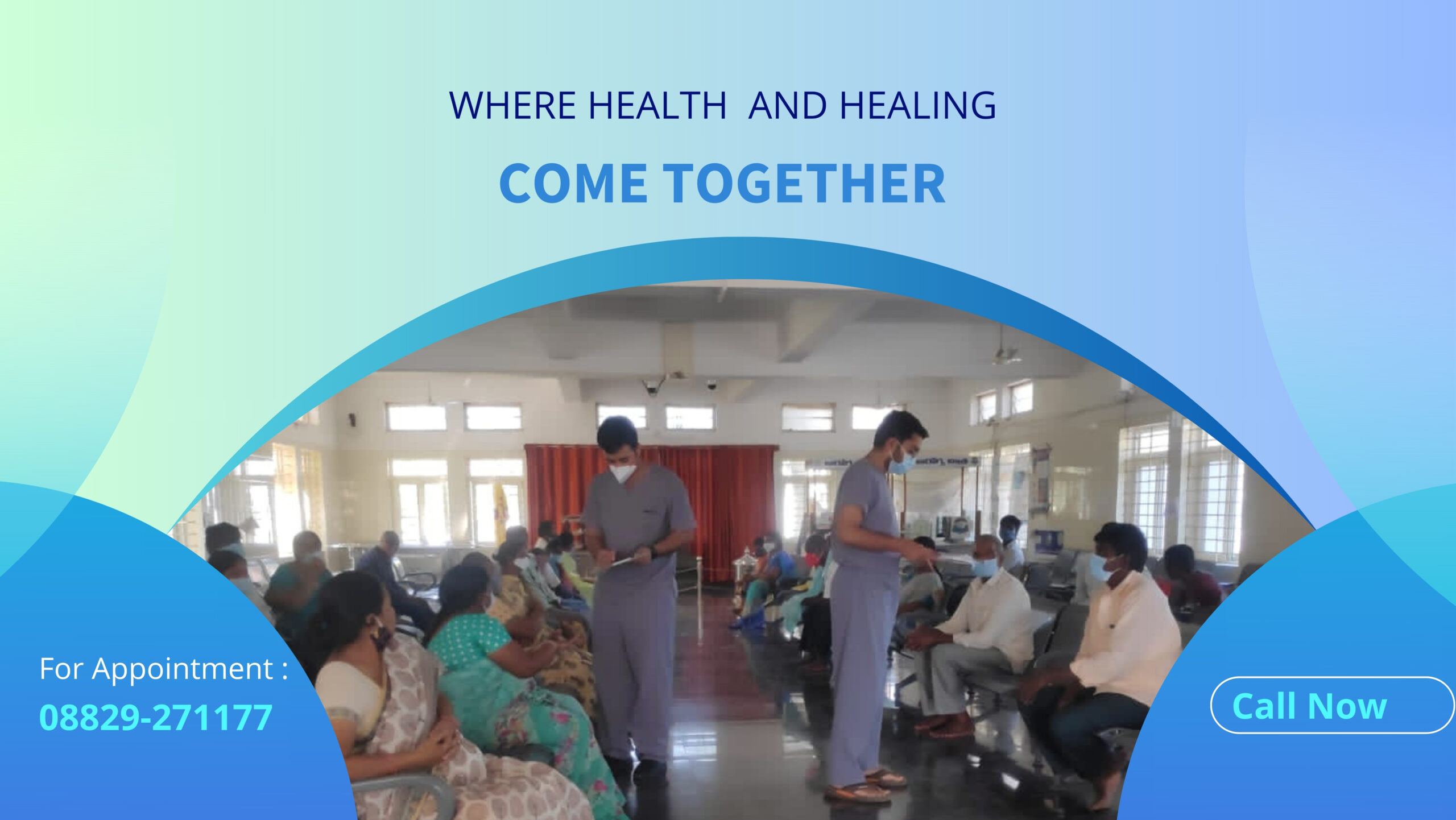SPECIALTIES @VIRRD
Urology: Innovations for Urological Wellness
- Introduction to Urology
- Diseases and Conditions
- Treatments and Surgery’s
At VIRRD Hospital, we have a dedicated Urology department that specializes in the diagnosis and treatment of urological conditions. Urology is a medical specialty focused on the urinary tract system in both males and females, as well as the male reproductive system. Our team of experienced Urologists is committed to providing comprehensive and compassionate care to patients with urological concerns.
Expert Urologists: Our Urology department is staffed by highly skilled Urologists who have expertise in managing a wide range of urological conditions. They have undergone rigorous training and stay updated with the latest advancements in urological treatments. With their specialized knowledge, our Urologists offer personalized treatment plans to address the unique needs of each patient.
Comprehensive Urological Care: We provide comprehensive care for various urological conditions, including but not limited to:
- Kidney stones
- Urinary tract infections
- Bladder disorders
- Prostate conditions
- Erectile dysfunction
- Urinary incontinence
- Urological cancers
Our Urologists utilize advanced diagnostic techniques and state-of-the-art equipment to accurately diagnose and evaluate urological conditions. They work closely with other specialists, such as radiologists, oncologists, and nephrologists, to develop a multidisciplinary approach to patient care.
Advanced Treatment Options: We offer a wide range of treatment options for urological conditions, including both surgical and non-surgical interventions. Our Urologists are skilled in performing minimally invasive procedures, such as laparoscopic and robotic-assisted surgeries, which result in faster recovery times and reduced post-operative discomfort. We also provide advanced treatments for urological cancers, such as chemotherapy, radiation therapy, and targeted therapies.
Patient-Centered Approach: At VIRRD Hospital, we prioritize patient-centered care. We understand that urological conditions can be sensitive and affect the quality of life. Our Urologists approach each patient with compassion, respect, and confidentiality, ensuring that they feel comfortable discussing their concerns and receiving the necessary care and support.
Patient Education and Support: We believe in empowering our patients with knowledge and providing them with the necessary information to make informed decisions about their urological health. Our Urologists take the time to educate patients about their conditions, treatment options, and lifestyle modifications that can improve their overall urological well-being.
By choosing VIRRD Hospital’s Urology department, you can be assured of receiving comprehensive and personalized care for your urological concerns. Our team is dedicated to helping patients achieve optimal urological health and improving their quality of life.
The Urology department at VIRRD Hospital provides comprehensive care for various urological diseases and conditions. Some of the common diseases and conditions we diagnose and treat include:
- Kidney Stones: Formation of hard deposits in the kidneys, which can cause severe pain and discomfort.
- Urinary Tract Infections (UTIs): Bacterial infections affecting the urinary tract, including the bladder and urethra, leading to symptoms such as frequent urination, burning sensation, and lower abdominal pain.
- Bladder Disorders: Conditions affecting the bladder, such as bladder infections, bladder cancer, overactive bladder, and bladder prolapse.
- Prostate Conditions: Enlarged prostate (benign prostatic hyperplasia), prostate infections (prostatitis), and prostate cancer.
- Erectile Dysfunction: The inability to achieve or maintain an erection sufficient for sexual intercourse.
- Urinary Incontinence: Loss of bladder control, resulting in involuntary leakage of urine.
- Urological Cancers: Cancers that can affect the urinary system, including bladder cancer, kidney cancer, prostate cancer, and testicular cancer.
- Urinary Obstruction: Blockage or narrowing of the urinary tract, which can lead to problems with urine flow and kidney function.
- Congenital Urological Abnormalities: Birth defects affecting the urinary system, such as undescended testicles, hypospadias, and urinary tract malformations.
At VIRRD Hospital, our Urology department offers a wide range of treatments and surgeries to address urological diseases and conditions. Some of the common treatments and surgeries performed by our experienced Urologists include:
- Medication Therapy: Prescription of medications to manage urological conditions such as urinary tract infections, bladder disorders, prostate conditions, and erectile dysfunction.
- Extracorporeal Shock Wave Lithotripsy (ESWL): Non-invasive procedure that uses shock waves to break down kidney stones into smaller fragments, allowing them to pass out of the body naturally.
- Endoscopic Procedures: Minimally invasive procedures performed using a thin, flexible tube with a camera (endoscope) to visualize and treat various urological conditions. Examples include cystoscopy, ureteroscopy, and prostate surgery.
- Transurethral Resection of the Prostate (TURP): Surgical procedure to remove excess prostate tissue in cases of benign prostatic hyperplasia (enlarged prostate) that causes urinary symptoms.
- Laser Surgery: Utilizing laser energy to treat urological conditions, such as laser lithotripsy for kidney stones and laser ablation for prostate enlargement.
- Minimally Invasive Surgery: Laparoscopic or robotic-assisted procedures performed through small incisions to treat conditions like kidney cancer, bladder cancer, and urinary obstruction.
- Urological Reconstruction: Surgical procedures to repair or reconstruct the urinary tract, such as urethroplasty for urethral strictures or bladder reconstruction for bladder abnormalities.
- Urological Cancer Treatment: Comprehensive management of urological cancers, including surgery, radiation therapy, chemotherapy, and targeted therapies.
- Kidney Transplantation: Surgical procedure to replace a failed kidney with a healthy kidney from a living or deceased donor, providing a life-saving treatment for end-stage kidney disease.

Urology FAQs
Unveiling the Answers: Frequently Asked Questions
You should consider seeing a Urologist if you experience symptoms such as urinary incontinence, frequent urination, blood in urine, kidney stones, urinary tract infections, erectile dysfunction, or any other concerning urological issues.
Common diagnostic tests in Urology include urine analysis, imaging studies (such as ultrasound, CT scan, or MRI), urodynamic testing, cystoscopy, and biopsy.
No, not all urological conditions require surgery. Urology encompasses both surgical and non-surgical treatment options, depending on the specific condition and its severity. Non-surgical treatments may include medications, lifestyle modifications, physical therapy, or minimally invasive procedures.
Recovery time varies depending on the type of surgery performed and the individual patient. Some procedures may have a shorter recovery period, while others may require a longer healing process. Your Urologist will provide specific post-operative instructions and guidelines for your recovery.
Yes, adopting a healthy lifestyle can positively impact urological health. This includes maintaining a balanced diet, engaging in regular physical activity, managing stress, and avoiding habits that can contribute to urological problems, such as smoking or excessive caffeine intake.
Yes, Urologists can provide evaluations and treatments for male infertility. They can assess factors such as sperm quality, hormone levels, and reproductive function to determine potential causes of infertility and recommend appropriate treatment options.
Our Doctors
Expert care from the best doctors in the field.
We are proud to have a team of highly skilled and compassionate healthcare professionals. Our doctors are experts in their respective fields and are dedicated to providing personalized care to each and every patient.
- Experienced and highly trained.
- Compassionate and patient-focused.
- Committed to providing exceptional care.
- Dedicated to improving patient outcomes.

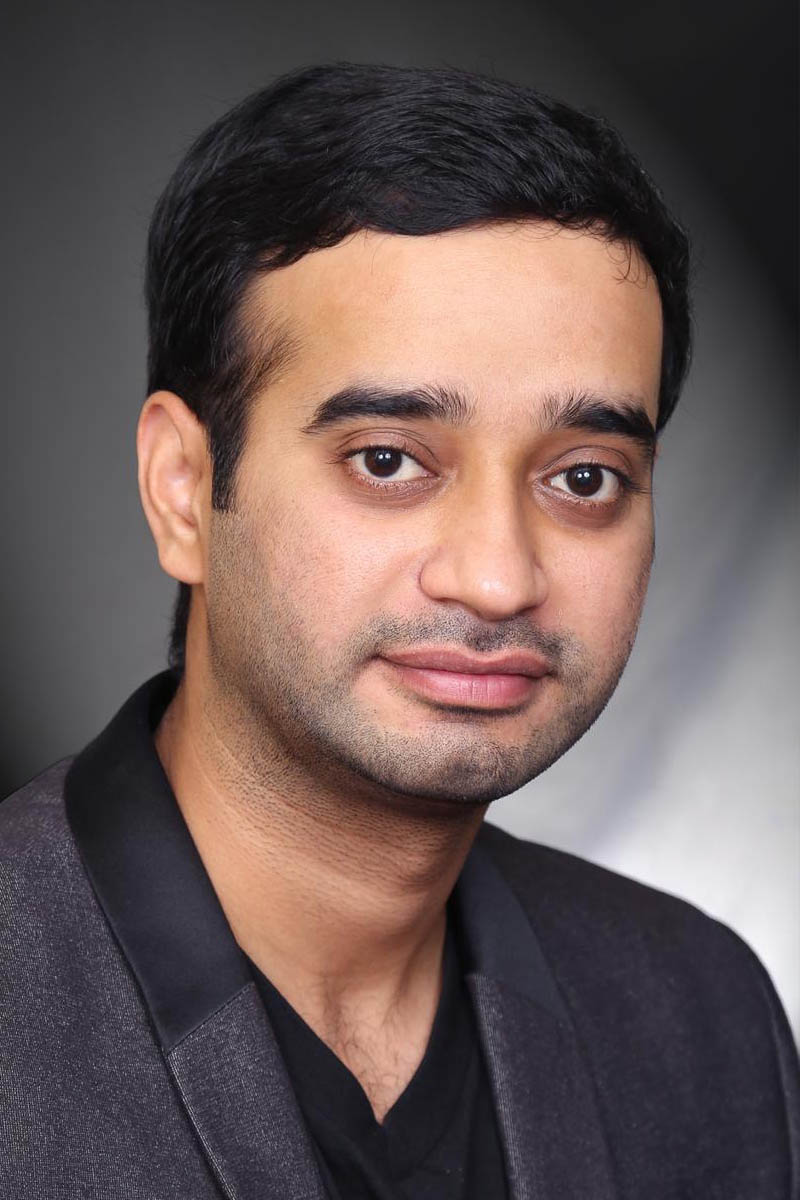


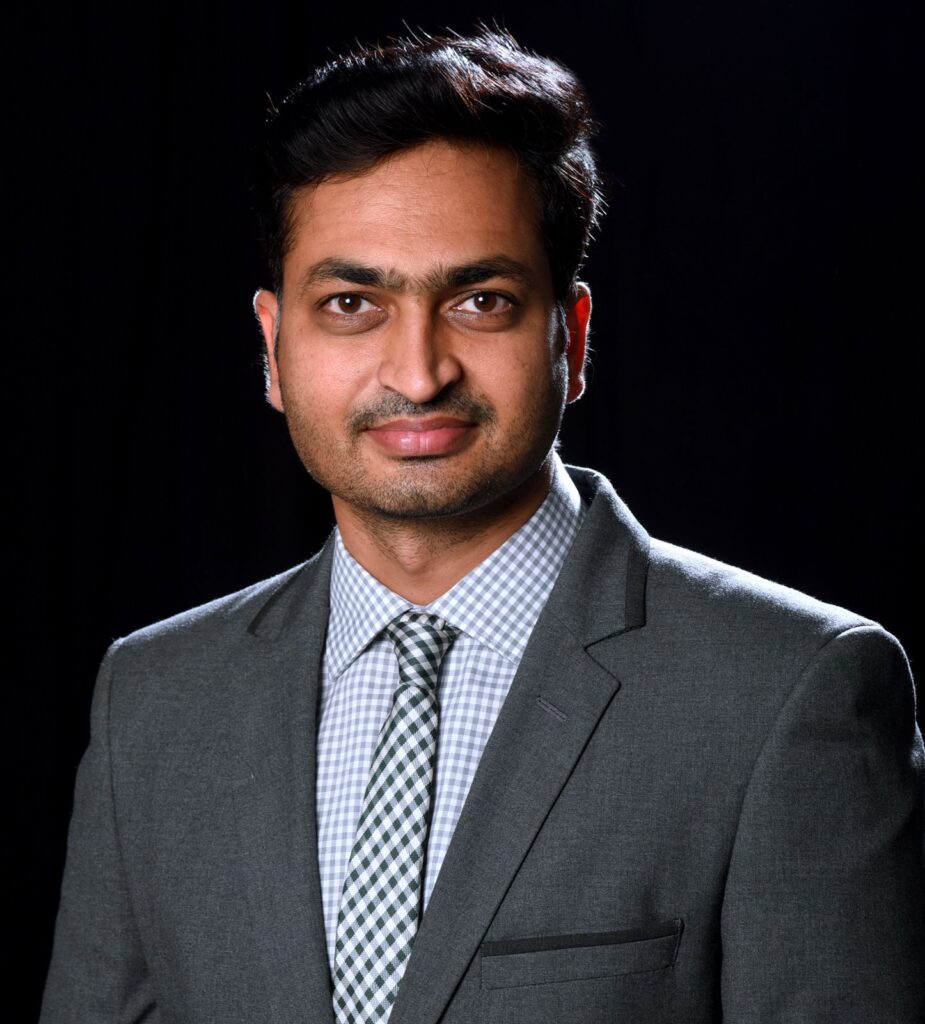
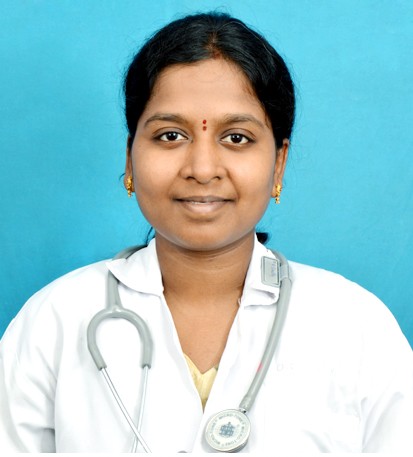
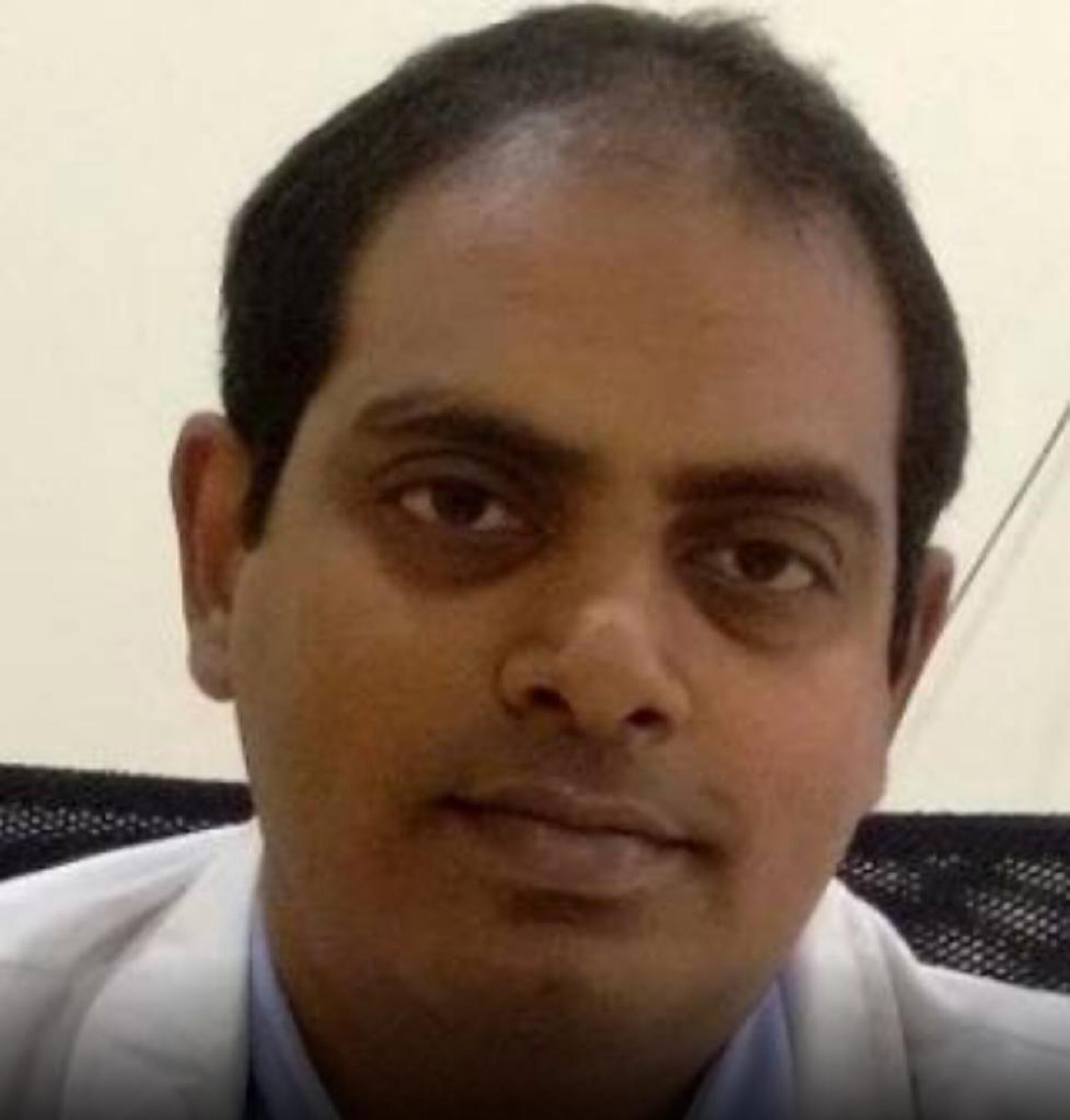
Doctor's talk
Discovering the World of Medicine through Doctors' Eyes
Understanding the Importance of Exercise for Orthopaedic Health
Introduction: As an orthopaedic doctor at VIRRD Hospital, I have witnessed the impact of exercise on musculoskeletal health firsthand. Many
Ensuring Comfort and Safety During Surgical Procedures
Introduction: As an anesthesiologist at VIRRD Hospital, I have the privilege of playing a crucial role in ensuring patient comfort
Restoring Mobility and Enhancing Quality of Life : Orthopedic
Introduction:As an orthopedic specialist at VIRRD Hospital, I have witnessed the transformative impact of orthopedic care on patients' lives. In
Restoring Health and Promoting Well-being : General Surgery
Introduction:As a general surgeon at VIRRD Hospital, I have dedicated my career to providing compassionate and comprehensive surgical care to
Empowering Lives Through Advanced Care and Innovative Solutions
Introduction:As a urologist at VIRRD Hospital, I am privileged to witness the positive impact that urology care can have on
